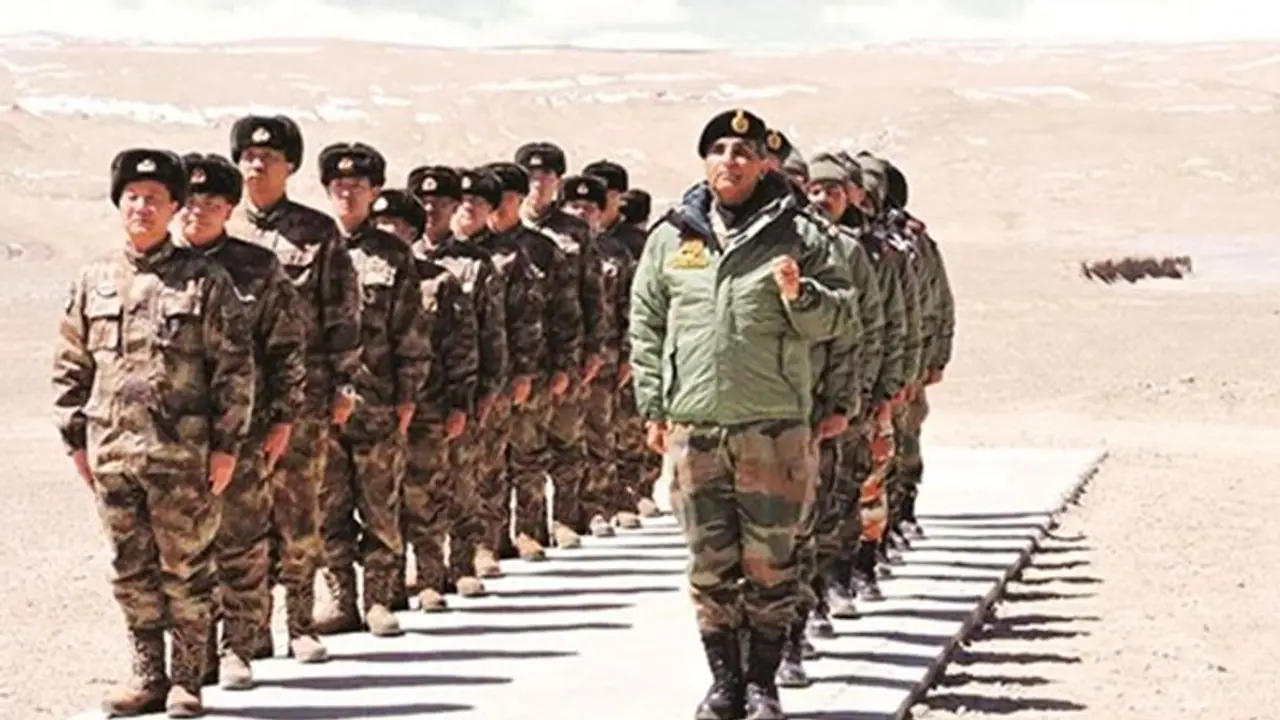As India and China decided on a disengagement in Ladakh, former Indian Army chief General Bikram Singh revealed that it is for the first time that India looked China in the eye
Bengaluru: As India and China decided on a disengagement in Ladakh, former Indian Army chief General Bikram Singh revealed that it is for the first time that India looked China in the eye.
At the India Today Conclave, in which he participated, he said, "We had been timid with China in the past. Whenever they came into our land, we solved it diplomatically. This was the first time we looked China in the eye and mobilized. I think the costs at both strategic and political level are high for Xi Jinping if China continues with the stalemate with India”.
"Since the 1993 agreement, China has had a poor track record in terms of adhering to confidence-building measures and protocols," he added.
India and China have been at loggerheads since the Galwan clash in June
A note on the incident:
It all began when Indian soldiers dismantled a Chinese tent at Patrol Point 14, which is close to the mouth of the Galwan river. The tent had been dismantled following a meeting between Lieutenant General Harinder Singh, who commands the Leh-based XIV Corps, and Major-General Lin Liu, the head of the Xinjiang military district.
But just within two days, it should be noted that the PLA set up a fresh tent at Patrol Point 14. This was in clear violation of the agreement.
As many as 20 Indian soldiers laid down their lives in the line of duty at the India-China border.
Another intelligence report by the US had claimed that a senior Chinese commander ordered the attack against Indian soldiers.
China denies decent burial to PLA deceased:
Economic Times had added a source as saying, “The reality is they don't want to create martyr soldiers. So they have banned functions where friends and families can pay their respects for the PLA deceased."
On the other hand, India has never made any efforts to hide the casualties. Prime Minister Narendra Modi has acknowledged the ultimate sacrifices of soldiers.
China’s move to pressurise the families of fallen soldiers is indeed a sad commentary on how its government works.
